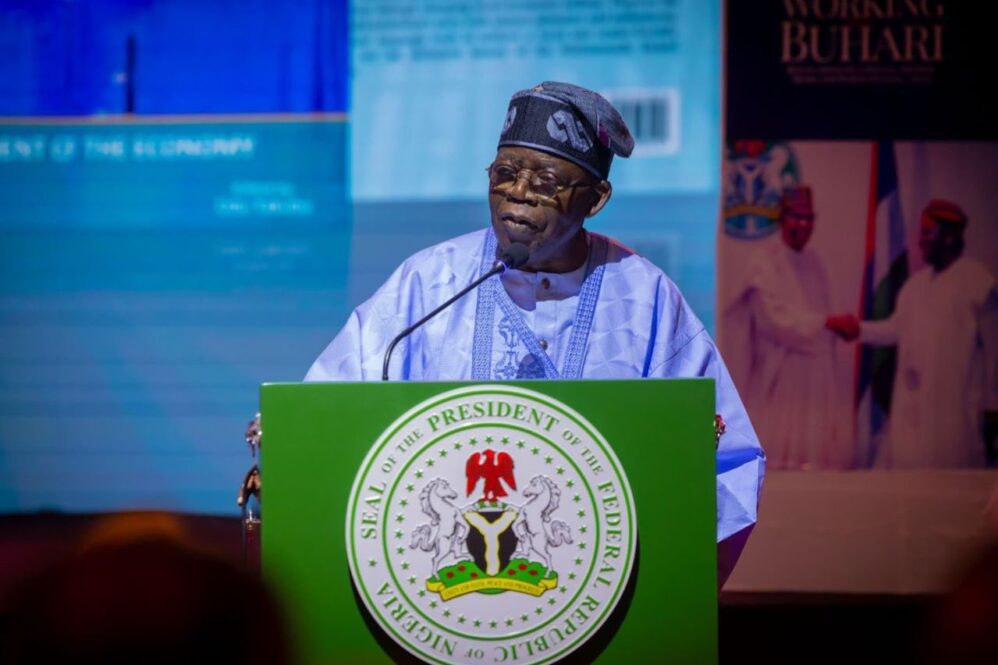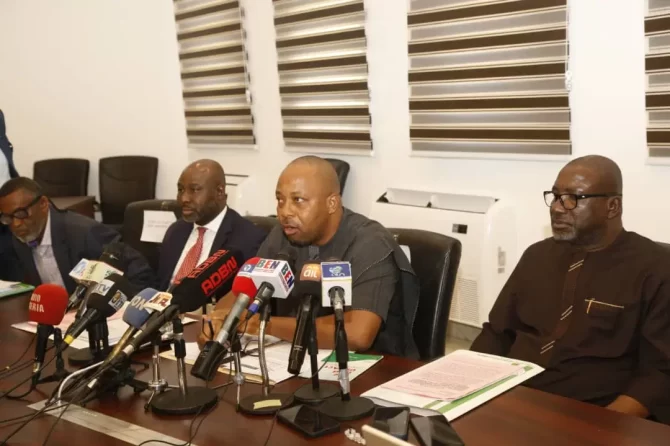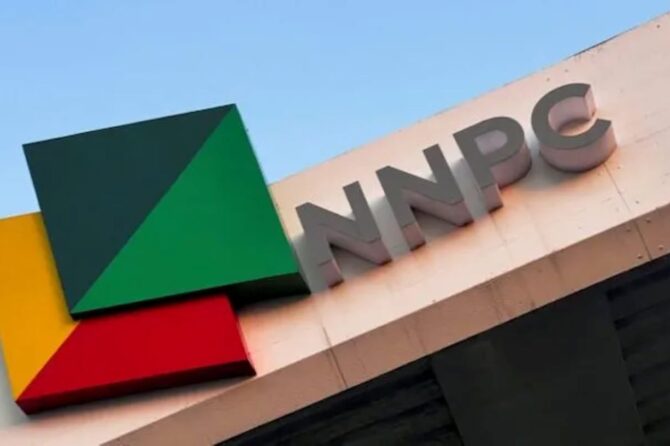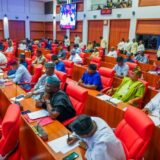Government Pledges Immediate Payments and Structural Reforms Amid Sector Crisis
President Bola Tinubu is set to meet with Nigeria’s power-generating companies (GenCos) to address the crippling ₦4 trillion debt owed by the Federal Government, a move aimed at preventing an imminent collapse of the national electricity supply and widespread blackouts.
Background: Debt Crisis Threatens Power Sector Stability
The ₦4 trillion debt includes ₦2 trillion owed for electricity supplied in 2024 and ₦1.9 trillion in legacy arrears. GenCos report receiving less than 30% of their monthly invoices, with some paid as little as 9%, severely limiting their ability to operate and maintain infrastructure. This liquidity crunch has raised alarms about a possible nationwide blackout if urgent action is not taken.
Government’s Response: Immediate Cash Payments and Debt Instruments
Following recent talks between Minister of Power Adebayo Adelabu and GenCos, the Federal Government has committed to paying a substantial portion of the debt immediately in cash. The remaining balance will be settled within six months using promissory notes and other financial instruments. Adelabu described the situation as a “national emergency” and emphasized the government’s determination to stabilize the sector.
“There is need to pay a substantial amount of the debt in cash. At the minimum, let us pay a substantial amount, then ask for a debt instrument in promissory notes to pay the rest,” Adelabu said.
Industry Reaction: GenCos Warn of Imminent Shutdown
Col. Sani Bello (retd), Chairman of the Association of Power Generation Companies, warned that without swift government intervention, the power sector faces collapse. “Without full payment, we can’t buy gas. Without gas, we can’t generate electricity. The country will be in darkness,” he said. The GenCos also highlighted challenges including erratic gas supply, high corporate taxes, exchange rate volatility, and inadequate budgetary allocations.
Broader Sector Challenges and Reforms
Despite a 70% revenue growth to ₦1.7 trillion in 2024, over 60% of Nigerian manufacturing companies have exited the national grid due to unreliable power. The government recently launched the National Integrated Electricity Policy (NIEP) and Integrated Resource Plan (IRP) to attract $32 billion in investments over five years, aiming to transform the sector through market liberalization, cost-reflective tariffs, and improved infrastructure.
Next Steps: Presidential Meeting and Sector Stabilization
President Tinubu’s meeting with GenCos is expected to fast-track the debt resolution process and outline reforms to ensure sustainable electricity supply. The government also plans to purchase ₦700 billion worth of meters to improve billing and revenue collection.
Conclusion: Urgent Action Needed to Prevent Power Collapse
The ₦4 trillion debt crisis represents a critical threat to Nigeria’s power sector and economy. The government’s proactive engagement and payment plan offer hope for stabilizing electricity supply, restoring investor confidence, and supporting Nigeria’s broader economic recovery.

















